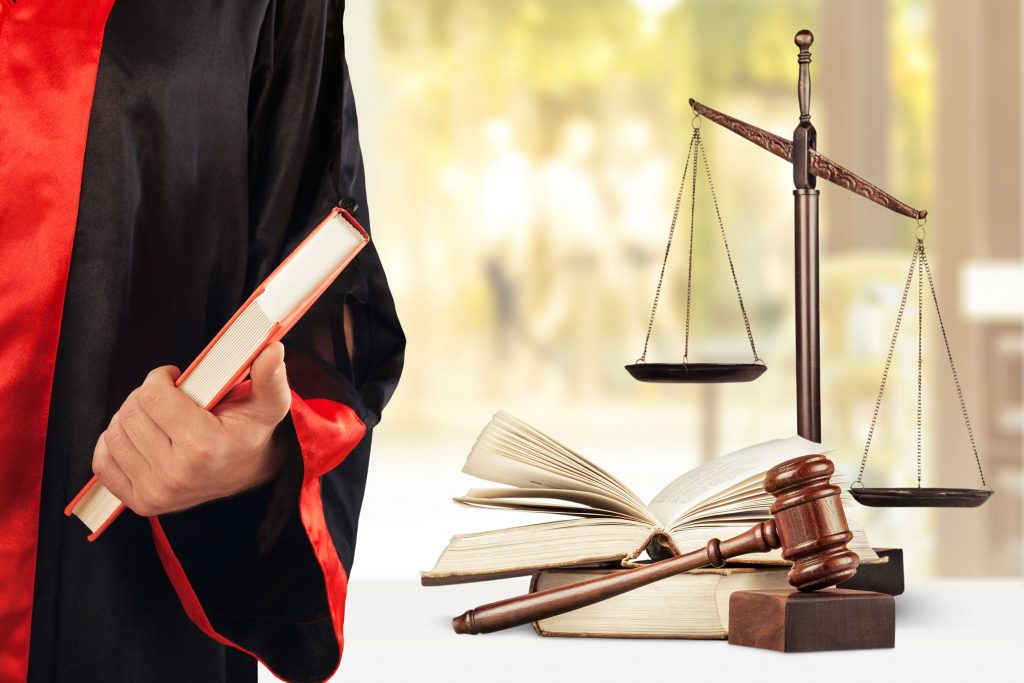
The novel coronavirus is mercilessly harming the health, economic welfare, social order, and financial stability of people across the world. While the scourge of COVID-19 will pass, nobody knows at what cost, and what its lasting impact will be.
As the landscape of Biglaw recruiting is abruptly changing amid the pandemic, law school graduates are facing challenging times ahead.
Given that law schools struggle with teaching students amid a pandemic, “normal” expectations have been thrown out the window.
“Alternatives to the three-year Juris Doctor (JD) program will proliferate as prospective legal professionals evaluate the time, cost, and value of a JD in a market where fewer professionals will engage in the practice of law and more will focus on the business of delivering legal services. A law degree will be a ‘nice to have’ but not necessarily a ‘must-have’ for many aspiring lawyers,” writes Mark A. Cohen for Forbes.
Concerned about the future of their legal careers, many talented aspiring lawyers whose plans took a hard left turn have taken to the online forum Reddit to express their worries.
The section that is dedicated to law schools—r/LawSchool—offers an unfiltered look at what is keeping future lawyers up at night. “Today I just feel like stress crying,” wrote one poster—a sentiment echoed by many others on the site. “The uncertainty of whether my family or I will get sick, the unknown of how remote learning will affect my ability to study, and the lack of a decision from my school on what to do about grades (they’re “still deciding”) are giving me anxiety!”
Among the common concerns expressed on the site:
- Will the virus disrupt the bar exam?
- Summer associate programs?
- Summer internships?
- Judicial clerkship hiring?
How should you respond to it all?
Don’t wait until its too late
If you have an existing offer that you still have not accepted because you maybe wanted to stay open for a better one, our two cents: take the offer as soon as possible. If we are comparing this recession to 2008, some of those offers might likely get rescinded even by eminent law firms. If you have already accepted an offer, there is a slight possibility that your start date will be pushed back. It would be smart not to complain about it. Law employers are seriously stressed and are going to be so for a while; if you show something short of appreciation you will be taken as being immature and unable to read the emotional state of people around you.
What if your offer gets rescinded (or you never had one)?
If your offer gets rescinded, don’t take it personally, it’s business. Instead, use this time to upgrade your skills so you can increase your chances in the next cycle. Opt for a master’s in tax, LL.M, or clerkship, or learn a new language – Chinese is going to be in high demand throughout your legal career.
Don’t complain if your summer associate program gets shortened
Many law students are concerned if the pandemic would lead to a situation where upcoming summer associate programs would possibly be delayed or even canceled.
James Leipold, executive director of the National Association of Law Placement NALP explains
“I don’t think canceling summer programs is what’s going to happen. But I think if firms are still stuck in remote work, they’ll be thinking, ‘OK, what does that look like for a summer associate who has never worked here? How do we train them? How do we give them virtual assignments? How do we have social bonding when we can’t come into work?’ I think those are the questions being asked right now for the incoming summer class.” “Nobody has really made a decision,” Leipold said of how firms will handle the incoming summer associate class and upcoming recruiting season. “Firms are grappling with that right now. I think firms will make good faith efforts to honor their commitments under the present circumstances. There’s not enough information in the marketplace yet to know how all of this will play out. But it will certainly have an impact on everything.”
If your summer program still stands but it’s shortened, don’t complain. It’s important to project you’d be a valuable member of the firm full time, and by complaining you are not doing yourself a favor. You should show that you would accept a full-time offer if it were forthcoming. And you should accept an offer if you get one.
Manage your expectations
There will be intense competition to be hired. Law graduates and would-be associates would have to consider firms below the super-elite and elite tiers. This would be a short-term set back to those who aspire to join Biglaw. A talented and capable associate who starts at a firm below the top tiers can nonetheless aspire to join the elite.
Get a job with Uncle Sam
The government is one of the few places that is likely to remain stable during the Coronavirus recession and for the next several years, legal experts report. Legal recruiters advise future lawyers to opt for a legal job opening at the government, as it would be the ‘safest place’ job-wise. The reasoning behind this is pretty simple; The government is always operating, even if the courts are stopping for a while, there will be always government jobs. In order to stimulate the economy, a lot of money would be pump into the government- and there will be hiring at the state, local, and federal levels. There will be government jobs in all legal markets and employment for older attorneys too. The results show that even though recent law graduates who enter the government in recessions also suffer a wage disadvantage at first, the initial wage cut disappears one year after entry and becomes a wage advantage in the second and later years.
Office and practice area preference
If you want to join a specific firm then identify yourself as having a preference for, say, Charlotte or Dallas rather than New York or Washington D.C. The same goes for practice preference as to office preferences- you’ll have a better chance of getting hired if you specify a practice area, as recruiters are looking to fill ‘practice’ slots.
Opt for smaller legal markets
Markets such as Los Angeles, Chicago, New York, Houston, Miami, Atlanta, and others where there is the most possibility for contagion are likely to experience the most dramatic economic contraction. However, there are tons of smaller to mid-sized markets outside of these significant areas where the economic contraction is less likely to occur. There are also smaller legal markets that are not dependent on business from these broader legal markets and have a more local client base that will be largely unaffected. Attorneys in smaller markets are likely to be far better protected than attorneys in major legal markets, and many of these law firms will likely not experience much of a downturn at all.
















































